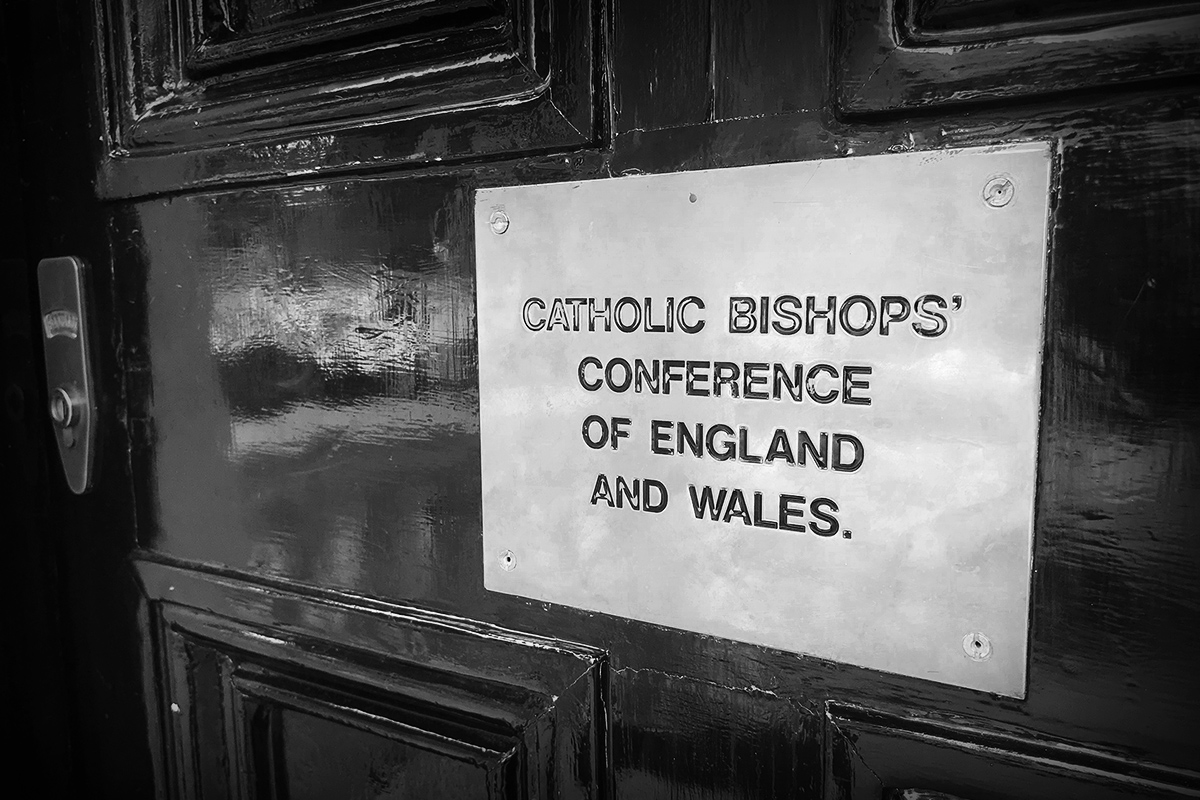
Fear cannot be our guide
The Archbishop of Westminster, the Most Reverend Vincent Nichols, has called for a culture of compassion and healing to be at the centre of healthcare and the care of the dying.
In a Homily delivered at a Mass for the Sick, celebrated at Westminster Cathedral on 13 February 2010 and attended by a congregation including people with a variety of medical conditions, their carers, hospital chaplains and healthcare workers, Archbishop Nichols rejected the view that care for the sick was a burden. Rather, it enhanced the understanding and experience of life.
The NHS
He said: “Comfort is at the heart of the care we strive to offer to each other, especially those who are burdened by illness or distress. This is true, of course, of all who genuinely care for the sick. The Constitution of the National Health Service, published in January 2009 states:” We – the NHS – respond with humanity and kindness to each person’s pain, distress, anxiety or need. We search for the things we can do, however small, to give comfort and relieve suffering. We find time for those we serve and work alongside. We do not want to be asked, because we care.”
“These are splendid sentiments, suitable as a mission statement for any Lourdes pilgrimage. Often they are fulfilled in NHS hospitals, for which so many are very grateful. But sometimes they are not, as some will know from personal experience.”
“Where this happens it is not simply a matter of the attitudes of individual, though of course that is part of the story. It is also about the prevailing culture in an institution, the pressures of control and delivery which can impair and diminish the ability of staff to care properly. A culture of true compassion and healing fosters a deep respect and attentive care of the whole person, it promotes genuine care characterised by a sense of humility, a profound respect for others, and a refusal to see them as no more than a medical or behavioural problem to be tackled and resolved. To care in this way is a gift of oneself to another. And, as with all true giving, the giver also receives.”
Care of the dying
In his Homily, Archbishop Nichols also spoke about the care of the dying, saying that society today seemed not to know how to deal with death. Rejecting the views of those advocating assisted suicide, he emphasised that death is not just a clinical event and that the spiritual being of a person must be central to the care they receive at the time of death.
He said: “In the care of the dying there is so much disquiet and dispute today: campaigns for assisted suicide and euthanasia; fears of unrelieved suffering and loss of control; fears of over-treatment – that is, of inappropriate aggressive medical interventions as life nears its end. Then there is the opposite fear of under-treatment or neglect – sometimes, for instance, food and water may be simply put in front of patients unable to feed themselves who are then noted as having refused their food. We do not know how to deal with death. But fear cannot be our guide.”
Quoting from a recent consultation document issued by the Bishops’ Conference of England and Wales about the spiritual care of the dying, Archbishop Nichols continued:
“There are two things that need to be kept in mind in end of life care: respecting life and accepting death. Respecting life means that every person must be valued for as long as they live. One implication of this is that death should never be the aim of our action or of our inaction. We should never try to bring about death. On the other hand, accepting death means that we should prepare properly for death. One implication of this is that we should not deny the reality of the situation or flee from the inevitable by seeking every possible treatment. A religious person will see both life and death as coming from God.”
‘More than a bundle of genes’
“Every human life and the person who lives it are always more than a bundle of genes and actions. Even the most restricted of lives is lived in transcendence by virtue of being human. If we fail to see this and honour it, then we not only fail to respect a person: we do that person violence. There is a hidden violence in so many of our systems, even those of care, because their operational mode is reductionist. If we reduce death to a clinical event and manage it through a series of standard procedures then we do not deal with death well, either clinically or humanly.”
Archbishop Nichols concluded: “The spiritual being of every person, then, is always central to the care we give and receive, most especially at the time of death. For those of our faith, this is the moment when, whether we are weak and struggling, tranquil and awake, or in some other inner space, we hand ourselves over to our loving Father. This moment is central to our pilgrim journey. We practice for it, day by day, rehearsing our final act of trust with smaller daily acts of abandonment to God, in prayer, in kindness towards others, and in our sacramental life.”
During the Mass, the Sacrament of the Sick was administered by Archbishop Nichols and the Auxiliary Bishops and clergy of Westminster. Those who receive it are anointed with oil signaling that they are special in the eyes of God and the congregation prays that they are either healed or given the strength to deal with their illness.
Read/download
Archbishop Nichols’ homily at a Mass in honour of Our Lady of Lourdes – 13 Feb 2010 (pdf)